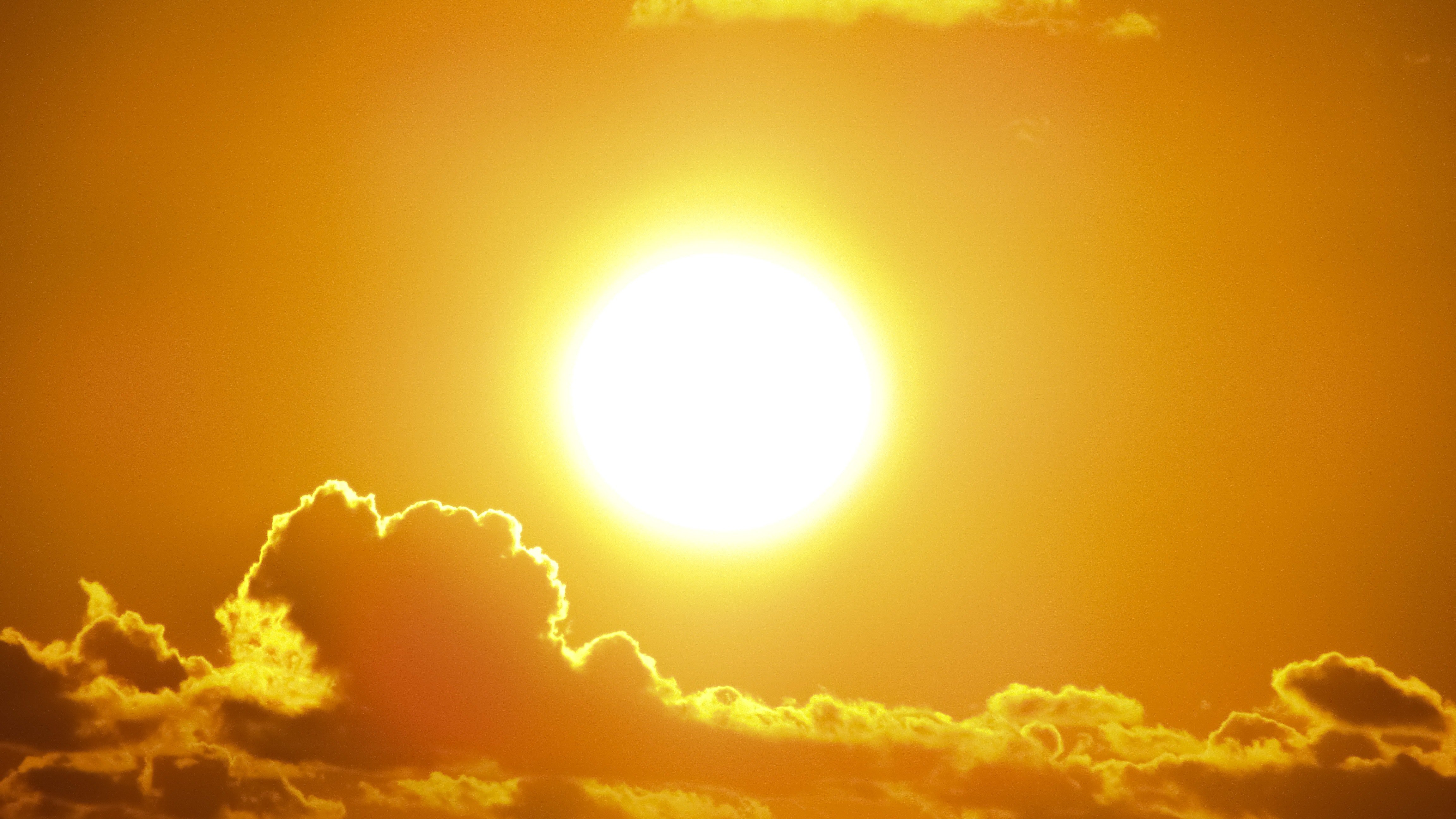Written By: Salvatore Shaw and Hudson Chalmers, Summer Student
The last two weeks in Toronto have been historically hot for the end of May, with daily temperatures over 25 degrees Celsius. This beautiful weather has everyone excited for a very warm summer. The lawyers and staff at McLeish Orlando want to provide a safety message about the dangers of heat exhaustion and heat stroke, especially for those who are at higher risk of heat related illnesses, which includes young children and our senior community.
Heat exhaustion is a heat-related illness that occurs after being exposed to high temperatures, and is also accompanied by dehydration. The water and salt deprivation will result in excessive thirst, weakness, headache, nausea, muscle cramps and dizziness. To treat heat exhaustion, move the person out of the heat and into a shady or air-conditioned place; lay the person down and elevate the legs and feet slightly; remove any tight or heavy clothing and have the person drink cool water or other nonalcoholic beverages without caffeine.
Heat stroke usually occurs as a progression of heat exhaustion. The definition of heat stroke is when the core body temperature is greater than 40 degrees Celsius (or 104 degrees Fahrenheit), which can cause complications to the central nervous system. Other symptoms may include:
- Throbbing headache
- Dizziness and light-headedness
- Lack of sweating despite the heat
- Red, hot, and dry skin
- Muscle weakness or cramps
- Nausea and vomiting
- Rapid heartbeat, which may be either strong or weak
- Rapid, shallow breathing
- Behavioral changes such as confusion, disorientation, or staggering
- Seizures
- Unconsciousness
Heat stroke is considered a medical emergency. If you suspect that someone has heat stroke, call 911 immediately and give first aid until paramedics arrive.
Here in the city, there is a higher risk of developing heat related illnesses because there is less air flow, and the asphalt and concrete retain the heat during the day, making the nights hotter.
To avoid suffering from a heat related illness, you can take a number of proactive steps, such as wearing a wide-brimmed hat, wearing lightweight and loose fitting clothing. You should be drinking extra fluids, especially when working or exercising outdoors. Try to stay out of the sun during the hottest time of the day, and spend some time in an air conditioned place. It is recommended to drink at least 8 glasses of water a day. Be aware that drinking alcohol and caffeine increases the risk of dehydration.
With this nice weather, everyone is eager to go outside and enjoy the sun. Just remember to be smart and prepared. The team at McLeish Orlando is wishing everyone a fun and safe summer!






